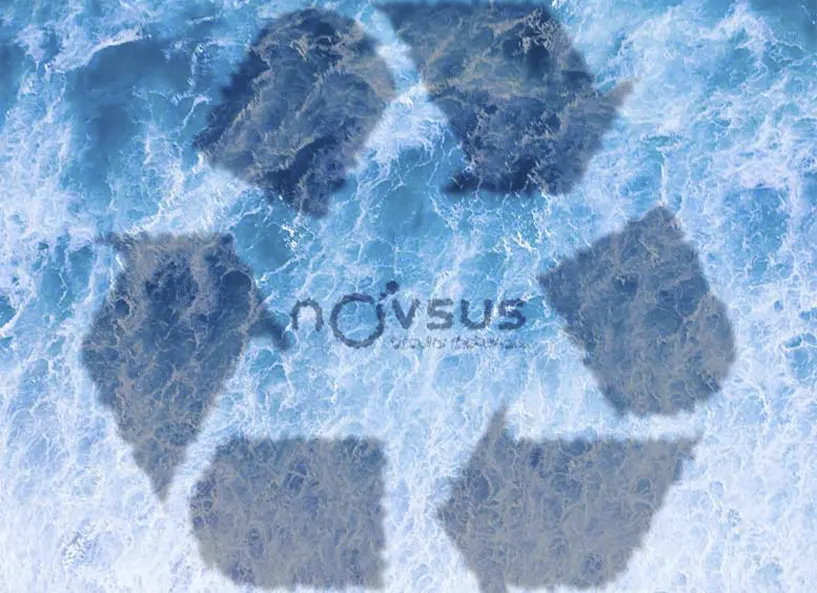This week, from June 9 to 13, Nice (France) is hosting the United Nations Ocean Conference 2025, a key event to boost global action in defense of marine ecosystems, increasingly threatened by pollution, climate change, and overexploitation.
At Novsus, we are closely following the developments of this event, fully aware that ocean protection begins on land — in how we produce, consume, and manage our waste.
What do sustainable materials have to do with ocean health?
A lot. 80% of marine pollution originates from land-based activities. From microplastics to carbon emissions that acidify oceans, the choices we make in industry and product design directly impact marine biodiversity.
This is where Oryzite comes in — a technology developed from rice husks that partially replaces petroleum-based plastic in a wide range of industrial applications.
Oryzite: A circular solution supporting decarbonization
Although not officially part of the UN Ocean Conference, Oryzite represents the kind of innovation aligned with its key goals: decarbonization, waste reduction, circular economy, and long-term sustainability.
- It reduces carbon footprint by using a renewable agricultural by-product.
- It decreases the need for fossil-based plastics.
- It prevents unnecessary emissions and waste accumulation — much of which ends up in the oceans.
A chance to rethink materials
The Nice Conference emphasizes the urgency of coordinated and ambitious action. At Novsus, we believe that rethinking the materials we use is key to stopping marine pollution and moving toward a regenerative economy.
There’s no need to wait for major global agreements to start the change: every company that adopts solutions like Oryzite is already contributing to a cleaner, more resilient future.
The oceans need fewer promises and more action — and that action starts with tangible innovations like Oryzite, proving that solutions from the land can truly make a difference for the planet.



